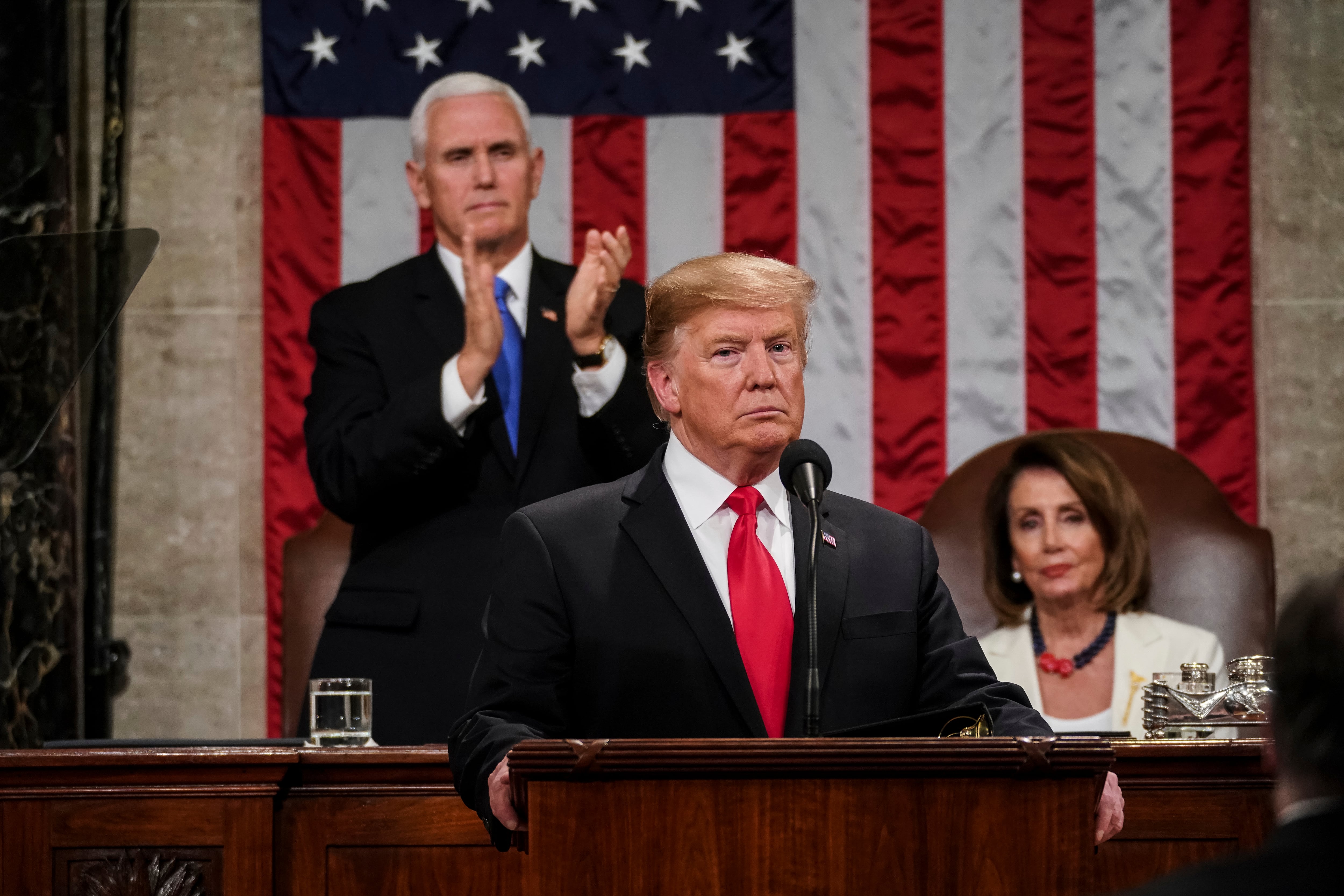President Joe Biden promised throughout his campaign and early days of his administration to be an ally for organized labor across the country and within the federal government. He backed up those promises through early day executive orders that overturned several Trump administration workforce policies and instituted protections for federal employees.
But officials from the American Federation of Government Employees say that such policies without accompanying accountability mechanisms will not have the necessary force behind them to prioritize the needs of federal labor unions.
“There’s definitely going to be some resistance, and that’s why we’re pushing so hard for accountability measures for the Biden executive orders,” said Jackie Simon, AFGE policy director, on a Feb. 22 press call.
The Office of Personnel Management is expected to release guidance on Biden’s executive orders clarifying how agencies should move forward with labor relations, and AFGE National President Everett Kelley said that many agencies seem to be waiting to make changes until that guidance is released.
RELATED

“We’re reaching out to the agencies. Not all of the agencies have their secretaries, their top officials confirmed by the Senate yet, but we’ve been in conversation at several agencies, talking about what steps they can take immediately before OPM issues its guidance. And one of the things we’ve been stressing is some kind of enforcement or accountability for the agencies,” said Simon.
“Sometimes agencies — particularly DoD has a record of going its own way — not necessarily being open to following OPM guidance. And we want the Biden administration to be just as aggressive in enforcing its executive order as Trump was enforcing his. And that, of course, requires some kind of accountability for the agency heads to be going back to the table, to be restoring anything that was taken away unilaterally just through policy.”
According to Marlin Jenkins, AFGE deputy director of field services, some agency offices like the Defense Logistics Agency, Environmental Protection Agency, Department of Education and the Department of Labor headquarters were especially aggressive in implementing the previous administration’s policies.
“Those agencies just unilaterally implemented the Trump executive order, despite the fact that the Trump executive order required you to not abrogate agreements,” said Jenkins.
“Obviously, another priority for us is working to plug some of the holes that allowed for the issuance of some of the union-busting executive orders over the past few years. We would love to see Congress to advance a strong, pro-federal worker bill that reinforces the due process rights and the collective bargaining and representational rights of federal workers,” said Kelley.
According to Simon, some of Biden’s management imperatives — such as those that require agencies to consult with union leaders on COVID-19 safety planning — will force agencies to change their labor management practices. Since some agencies moved to restrict official time for union representatives under Trump, those representatives now have no time left to conduct COVID consultations with agency leadership.
But AFGE officials aren’t just hoping that Biden will reverse only Trump administration policy, as they say that the problem with federal employee management goes back much farther.
“What we really saw was how much damage was done, really by [the National Partnership for] Reinventing Government, under the Clinton administration, where the funding structure for OPM was turned into a fee-for-service, rather than direct appropriations for OPM,” said Simon.
“What we of course want to see is all of OPM’s statutory functions returned to OPM. And for that to happen, we need a strong OPM director.”
Biden has not yet announced his choice to lead the federal personnel agency.
OPM faced dismantlement entirely under the Trump administration, as officials proposed splitting apart the service and policy functions of the agency to be rehoused under the General Services Administration and Executive Office of the President, respectively.
An independent report on that plan is expected to be released in the coming month, though neither the Biden administration nor the Democratic-controlled Congress has signaled any desire to continue pursuing such a plan.
Simon said that the union expects there to be “strong pressure from the White House” to change labor relations, and Biden’s own policy goals support that expectation.
White House officials have said that they hope to have the federal workforce stand as a model for the wider American workforce in areas like wage increases, diversity and employee safety. Successfully shifting federal policy to reflect those priorities first will be central to making them more widespread.
Jessie Bur covers federal IT and management.




